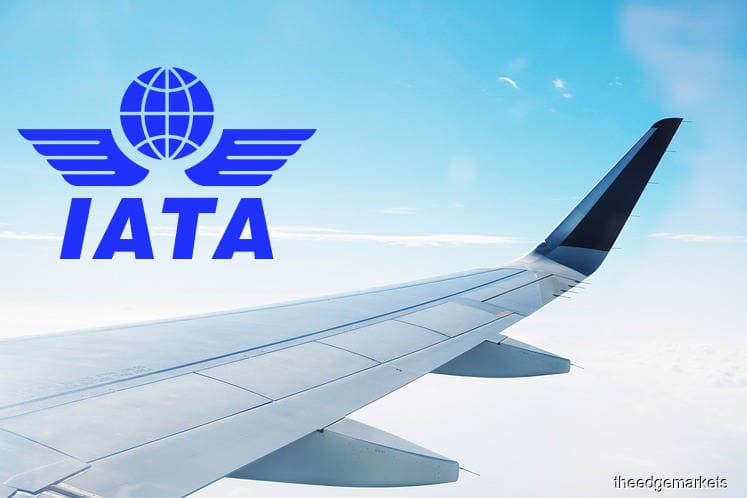
KUALA LUMPUR (May 13): The damage to air travel from Covid-19 extends into the medium-term, with long-haul or international travel being the most severely impacted, according to the International Air Transport Association's (IATA) latest analysis.
"Quarantine measures on arrival would further damage confidence in air travel. This makes globally agreed and implemented biosecurity standards for the travel process all the more critical," the airline grouping's director-general and CEO Alexandre de Juniac said in a statement today.
"We have a small window to avoid the consequences of uncoordinated unilateral measures that marked the post-9/11 period. We must act fast,” he added.
The analysis cites two scenarios. One scenario is contingent on domestic markets opening in the third quarter of this year (3Q 2020), with a much slower phased opening of international markets.
"This would limit the air travel recovery despite most forecasts pointing toward a strong economic rebound late this year and 2021," said IATA.
"In 2021, we expect global passenger demand, measured in revenue passenger kilometers (RPKs), to be 24% below 2019 levels and 32% lower than IATA’s October 2019 air passenger forecast for 2021. We don’t expect 2019 levels to be exceeded until 2023.
"As international markets open and economies recover, there will be further growth in air travel from the 2020 low point. But even by 2025, we would expect global RPKs to be 10% lower than the previous forecast," it added.
The second scenario is based on a slower opening of economies and relaxation of travel restrictions, with lockdowns extending into 3Q 2020, possibly due to a second wave of the virus.
"In this case, global RPKs in 2021 could be 34% lower than 2019 levels and 41% below our previous forecast for 2021," said IATA.
De Juniac said the impacts of the crisis on long-haul travel will be much more severe and of a longer duration than what is expected in domestic markets.
He believes that major stimulus from governments, combined with liquidity injections by central banks, will boost the economic recovery once the pandemic is under control.
"But rebuilding passenger confidence will take longer. And even then, individual and corporate travellers are likely to carefully manage travel spend and stay closer to home."
To protect aviation’s ability to be a catalyst for the economic recovery, de Juniac said governments must not make that prognosis worse by making travel impracticable with quarantine measures.
"We need a solution for safe travel that addresses two challenges. It must give passengers confidence to travel safely and without undue hassle. And it must give governments confidence that they are protected from importing the virus.
"Our proposal is for a layering of temporary non-quarantine measures until we have a vaccine, immunity passports or nearly instant Covid-19 testing available at scale,” he said.
IATA’s proposal for a temporary risk-based layered approach includes preventing travel by those who are symptomatic with temperature screening and other measures, and addressing the risks of asymptomatic travellers with governments managing a robust system of health declarations and vigorous contact tracing.
The mutual recognition of agreed measures is also critical for the resumption of international travel, it added. This is a key deliverable of the Covid-19 Aviation Recovery Task Force of the International Civil Aviation Organization (ICAO).
Stay home. Get the news from theedgemarkets.com.